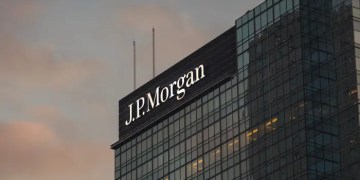Key Takeaways
Powered by lumidawealth.com
- The U.S. government will take a 10% equity stake in Intel by converting $9 billion in Chips Act grants, making it Intel’s largest shareholder.
- Conservatives criticize the move as government overreach and “socialism with an R next to its name,” warning it could lead to broader nationalization.
- Progressive voices, including Sen. Bernie Sanders, praise the intervention and call for further government claims on corporate profits.
- Commerce Secretary Howard Lutnick defends the deal as essential for economic growth and maintaining America’s technological edge.
- Trump’s approach departs from traditional GOP free-market principles, reflecting his populist and protectionist economic views.
- The administration has a history of direct economic intervention, including tariffs, corporate influence, and investment pledges from trading partners.
- Economists like Larry Summers warn that deal-based capitalism risks slowing growth and fostering corruption.
- The debate highlights tensions within the GOP over government’s role in the economy and the future of industrial policy.
What’s Happening?
The Trump administration’s plan to take a significant stake in Intel has ignited controversy, splitting opinion across political lines. Conservatives decry it as government intrusion, while progressives see it as a necessary step to hold corporations accountable. The move exemplifies Trump’s unconventional economic policies that blend populism with strategic industrial intervention.
Why Does It Matter?
This development signals a shift in U.S. economic policy toward more active government involvement in key industries, particularly technology and manufacturing. It raises questions about the balance between free markets and state intervention, with implications for innovation, competitiveness, and political alignment.
What’s Next?
The Intel stake deal will be closely watched as a test case for future government interventions in private industry. Political debates over the role of industrial policy and economic nationalism are likely to intensify, influencing both policy and market dynamics.















